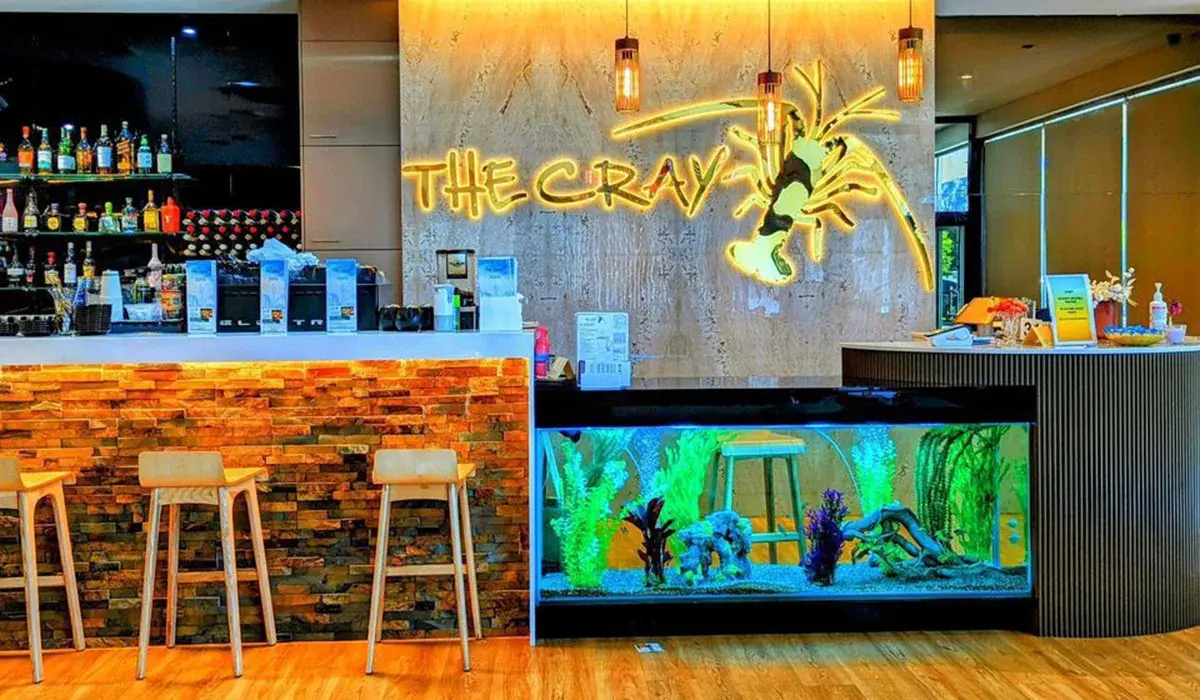

Posted on 08th January 2025
Payment Processing FAQs for Hospitality Businesses
Running a hospitality business is no easy feat, and understanding the ins and outs of payment processing can feel like a whole other challenge. These FAQs are here to help demystify the world of payment processing for hospitality venues, providing clear and concise answers to your burning questions.
Whether you're a seasoned restaurateur or just starting out, this guide will equip you with the knowledge you need to make informed decisions about payment processing, ensuring smooth transactions, happy customers, and a thriving business.
This guide will cover the essentials of payment processing including:
- Different pricing models and their pros and cons.
- Key considerations when choosing a payment processor.
- How to integrate your payment processing with your POS system.
1. What is payment processing?
Payment processing is how businesses accept and manage payments from customers, ensuring a smooth flow of money. It involves multiple parties, including issuing banks, credit card networks, and acquiring banks (processors).
2. Why is payment processing important for my hospitality business?
Payment processing is vital for ensuring efficient and secure transactions, which is key to customer satisfaction and your business's financial health. Choosing the right payment processing solution can help you get paid faster, improve cash flow, and streamline operations.
3. What payment methods should I offer?
Modern customers expect various payment options beyond cash. These options include:
- Debit and credit cards
- Mobile wallets like Apple Pay and Google Pay
- Contactless payments
Offering a variety of payment methods can improve the customer experience and boost sales.
READ NEXT: CASE STUDY: Liverpool Stores & Triniteq Bring Disney Project to Life
4. What are the different types of payment processing pricing models?
There are three main pricing models:
- Flat-rate pricing: A fixed percentage fee plus a small fixed amount is charged per transaction. This model offers simplicity and predictability.
- Interchange-plus pricing: The fee comprises the interchange rate (set by card networks) plus a fixed markup from the processor. This model offers transparency but can be complex and unpredictable.
- Tiered pricing: Transactions are categorised into tiers (qualified, mid-qualified, and non-qualified) with varying rates. However, this model lacks transparency and can be deceptive, as processors can push transactions into higher-priced tiers.
5. What are payment processing fees?
Payment processing fees typically include:
- Wholesale rate (interchange rate): A percentage fee set by issuing banks and card networks, varying based on the transaction type.
- Processor markup: A per-transaction fee added by the processor on top of the interchange rate.
- Miscellaneous fees: These may include terminal rental fees, PCI compliance fees, and payment gateway fees.
6. Can I negotiate payment processing fees?
You can negotiate processing fees, particularly if your business has a high sales volume or requires specialised services. However, the wholesale rate (interchange fee) is generally non-negotiable.
7. What is the difference between a payment gateway and a payment provider?
- Payment gateway: Software that enables online payment acceptance by securely collecting customer payment information and transmitting it to the payment provider.
- Payment provider: An organisation (e.g., Stripe, PayPal) that processes card transactions for merchants.
8. What is embedded payment processing?
Embedded payment processing, offered by some POS system providers, is when payment processing is included in the POS system package. Purchasing payments this way can be easy, but it also makes it hard to switch providers or negotiate better rates.
9. How secure is payment processing?
Ensure your chosen payment processor prioritises data security and complies with PCI standards to protect your business and your customers' sensitive information. Look for processors offering proactive fraud detection and prevention measures.
10. How long does it take for payments to reach my bank account?
Payment processing times vary depending on the processor and transaction type. Typically, credit card payments can take 2-3 business days. Some processors offer instant payouts for faster access to funds, but this usually incurs additional fees.
11. What is a chargeback?
A chargeback occurs when a customer disputes a transaction with their issuing bank, potentially leading to the funds being reversed from your account. Choosing a processor with a clear and efficient chargeback resolution process can minimise the hassle and financial impact of these disputes.
READ NEXT: Triniteq's New Partnership with Zeller Transforms Hospitality
12. What should I look for in a payment processor for my hospitality business?
Consider the following factors when choosing a payment processor:
- Fast deposit times: Ideally, funds should be deposited into your account within two business days.
- Clear chargeback process: The processor should offer a transparent and efficient way to handle chargebacks.
- Robust security features: Ensure the processor prioritises data security and is PCI compliant.
- Excellent customer support: Opt for a provider with 24/7 customer support to address any issues promptly.
- Hardware compatibility: Make sure the payment terminals and card readers are compatible with your chosen processor.
- Integration with your POS system: Integrated payment processing can simplify operations and minimise errors.
- Additional features: Consider whether you need features like order management, sales reporting, and inventory management.
13. What should I avoid when choosing a payment processor?
Avoid processors with:
- Inflexible contracts
- Opaque pricing structures
- Hardware leasing options (although this can be an effective way to purchase a POS system in the short term, over time, buying hardware outright is generally more cost-effective).
14. How do I integrate payment processing with my POS system?
Choose a payment processor that integrates seamlessly with your POS system. This allows for automatic data synchronisation, simplified checkout processes, and reduced manual errors. Integrated payment processing enhances the overall dining experience for your customers and your staff.
Triniteq integrates with over 15 payment processors, giving business operators the flexibility to choose the provider that best suits their needs and negotiate competitive transaction fees.
Unlike systems where payment processing is locked into the POS software, Triniteq’s open integration model ensures that operators are not tied to a single payment provider. This freedom means businesses can easily switch to a new payment processor if their current one no longer meets their expectations, allowing them to adapt to changing business requirements and maintain cost efficiency without disrupting operations.
Takeaways
Selecting the right payment processor and understanding the nuances of payment processing are crucial for any successful hospitality business. By understanding the different pricing models, fees, security features, and integration options, you can simplify your operations, enhance the customer experience, and ultimately, boost your bottom line.
Keep in mind:
- Thorough research and careful consideration of your business needs are essential in finding the best payment processing solution for your business.
- Don't hesitate to ask potential providers about their offerings, fees, and support services.
- Choose a provider that offers transparency, security, and excellent customer service.
- Prioritise a seamless integration between your POS system and payment processor to maximise efficiency and minimise errors.
By making informed decisions about payment processing, you can focus on what truly matters: delivering exceptional experiences and growing your business.
If you're seeking a quality, Australian-made and supported Point of Sale solution for your hospitality or retail business, look no further than Triniteq.
Our innovative technologies and high-quality service are designed to simplify operations, enhance customer experience, and make you more money.
Discover our range of products and services today.
Related articles
When Tejas Patel and his team at The Cray set out to open nine new restaurant locations ...
Pholklore is a vibrant, modern Vietnamese eatery known for blending traditional flavours ...
For a limited time, new Xero customers can access 90% off their Xero fees for 6 months, a ...




